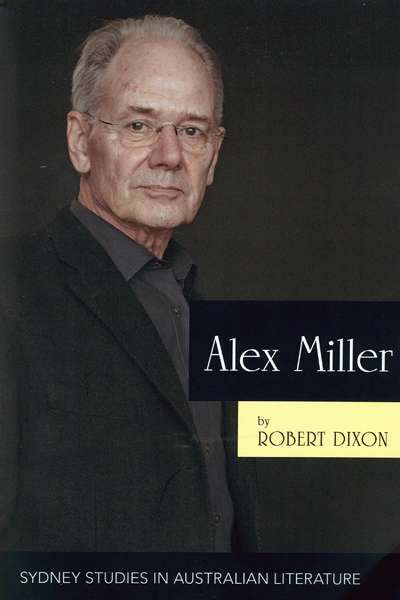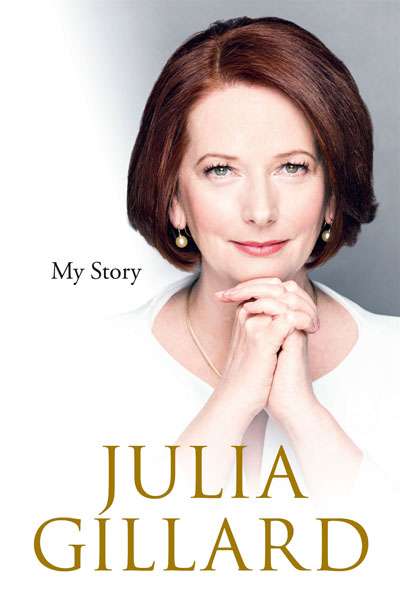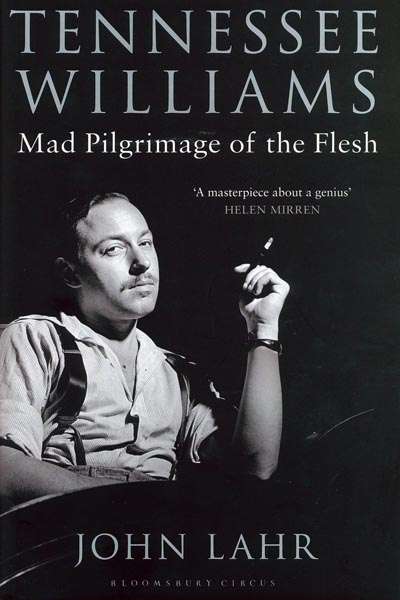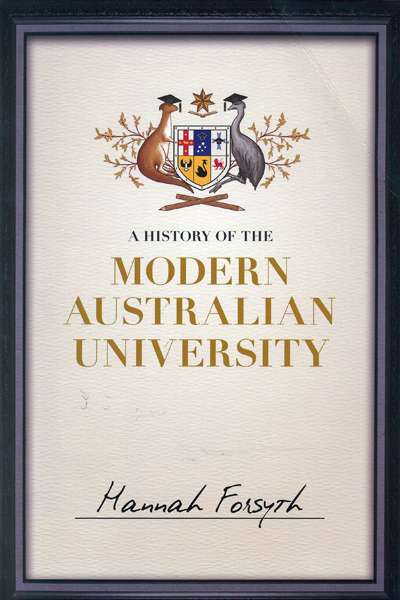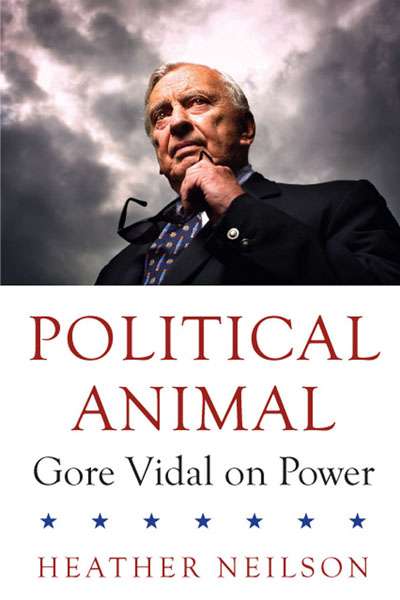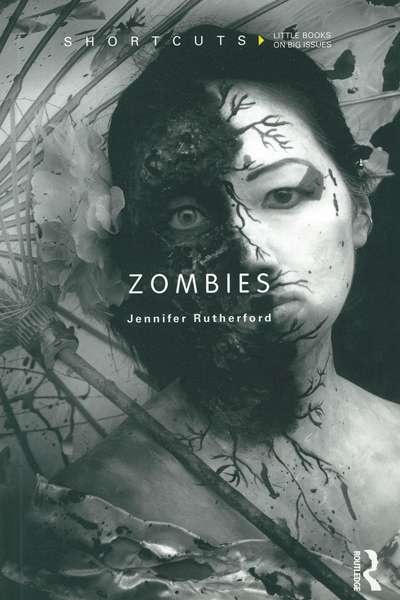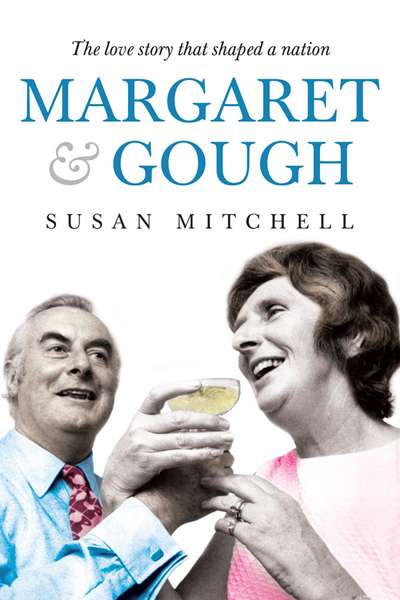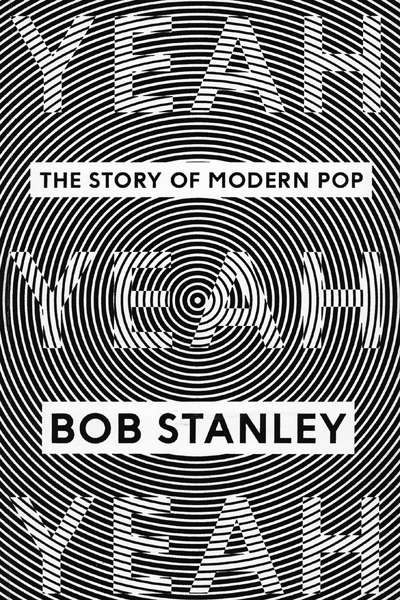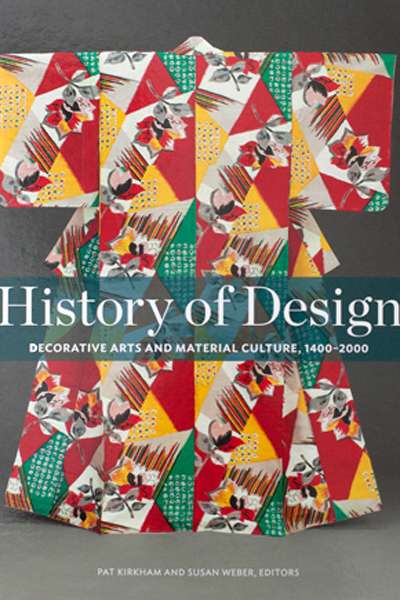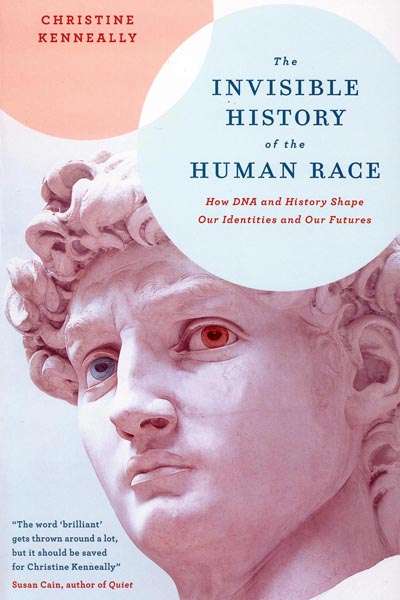Non Fiction
We do nothing alone,’ writes Alex Miller, in his brief memoir ‘The Mask of Fiction’, where he gives an account of the generative processes of his writing. Art, according to Miller, comes from the capacity of the writer to ‘see ourselves as the other’. Early in his career, Miller’s friend Max Blatt woke him, in his farmhouse at Araluen, in order to dismiss the weighty and unsuccessful manuscript that Miller had given him to read. Blatt’s urgent and unsociable rejection of the manuscript may have saved Miller’s work, establishing a new emotional basis for his writing. ‘Why don’t you write about something you love?’ Blatt asked. That night, Blatt told Miller a true story of personal survival and Miller began to write afresh. In the morning, Blatt accepted Miller’s version of the story he had told with the words: ‘You could have been there.’
... (read more)Much like her government, Julia Gillard’s memoir resembles the proverbial curate’s egg. Where her passions are involved, as with education (‘Our Children’) or the fair work laws, we are provided with a compelling policy read. Where they are not, as in large slabs of foreign policy, the insightful competes with the pedestrian, enlivened admittedly with her personal talents in handling the great and the good – handballing a football with Barack Obama in the Oval Office, for instance. A chapter on ‘Our Queen’ and the republic is rather jejune, though Gillard has a nice line on changes in the royal succession as providing ‘equal rights for sheilas’. The fact that ‘every prediction the departments of Treasury and Finance ever made about government revenue turned out to be wrong’ makes for dispiriting reading on fiscal matters.
... (read more)Tennessee Williams: Mad pilgrimage of the flesh by John Lahr
For a man who has repeatedly been described as America’s greatest playwright, Tennessee Williams’s reputation has fluctuated as wildly as his notorious mood swings. In the decade after the war he was celebrated. ‘Mr. Williams is the man of our time who comes closest to hurling the actual blood and bone of life onto the stage,’ wrote Walter Kerr of the first production of Cat on a Hot Tin Roof (1955). By the time of its 1974 revival, Stanley Kauffmann spoke for most of his colleagues when he said, ‘A Streetcar Named Desire is truly an American tragedy and The Glass Menagerie stands, even if a bit unsteadily, as one of the few successful poems in our theatre’, and then implied that everything else in the master’s output was downhill. The gleefully savage venom with which the critics greeted his later plays takes the breath away. Of The Milk Train Doesn’t Stop Here Anymore (1963), Richard Gilman wrote: ‘Why, rather than be banal and hysterical and absurd, doesn’t he keep quiet? Why doesn’t he simply stop writing, stay absolutely unproductive for a long time in Key West or the South of Spain?’ Reviewing Clothes for a Summer Hotel (1980), Robert Brustein suggested that he should book ‘a flight to Three Mile Island on a one way ticket’. The tall poppy syndrome is not merely endemic to Australia.
... (read more)A History of the Modern Australian University by Hannah Forsyth
Hannah Forsyth, a lecturer in history at the Australian Catholic University in Sydney, begins her first chapter with the words: ‘In 1857 all of the Arts students at the University of Sydney could fit into a single photograph.’ Some neo-liberal critics of universities would argue that it has been downhill ever since. By World War II, Forsyth estimates that there were still only about 10,000 university students in Australia. Forsyth succinctly highlights the historical changes from a small élite higher education system, dominated by white male ‘god’ professors, to the current complex system, where more than one million students face major changes in higher education funding and settings.
... (read more)American writer Gore Vidal was an intimate of political power. His grandfather was a US senator; his father served as Franklin D. Roosevelt’s Director of Air Commerce. When his mother remarried, to Hugh Auchincloss, Vidal obtained a descendant of Vice President Aaron Burr as a stepfather ...
... (read more)In recent times the figure of the zombie has pervaded modern culture. Despite their origins as macabre creatures from Haitian myths, and then their modern cultural origins in B-grade horror films, zombies have established themselves as an important element of modern mythology. Jennifer Rutherford’s book aims to explore the reasons for our society’s obsession with these decaying entities.
... (read more)Margaret and Gough: The love story that shaped a nation by Susan Mitchell
Susan Mitchell’s fifteenth book is a biography of the Whitlams, published shortly before Gough’s death in November. As a broadcaster, journalist, and author who has examined the lives of prominent Australian women, Mitchell tells the story mainly from Margaret’s perspective. This is not surprising: Mitchell had already amassed a huge body of research for her book Margaret Whitlam: A Biography (2006), and had known her since the late 1970s. And, compared to his frank and affable wife, Gough was less willing to share his personal recollections.
... (read more)It is difficult to imagine a more satisfying long-form narrative about pop music than Yeah Yeah Yeah. Although the book runs to almost 800 pages, British author Bob Stanley writes with such authority and infectious passion that the momentum never skips a beat. Beginning with the first British hit parade and the popularisation of the electric guitar, Stanley traces the arc through to modern forms such as dance and hip-hop while fulfilling the role of tour guide. He takes the reader through a museum of pop music, pausing before significant artefacts to offer erudite commentary, and encouraging the reader to don headphones and experience the sounds of each era.
... (read more)History of Design: Decorative arts and material culture, 1400–2000 edited by Pat Kirkham and Susan Weber
The Bard Graduate Center, long known for its ground-breaking studies in the decorative arts, has taken the ambitious leap of presenting a comprehensive history of decorative arts and design from 1400 to 2000, covering Asia, the Islamic world, Africa, Europe, and the Americas. (Coverage of Australia and Oceania is planned for future editions.) At over 700 pages, this is a most impressive achievement. For once, instead of being relegated to occasional paragraphs in major survey texts of art history, the decorative arts are presented centre stage. I wish it had been around when I was a student. Weber has assembled a team of scholars to cover this vast territory and it is not surprising to read that the book was almost ten years in the making. This volume does for the decorative arts what those standard university textbooks, Gardner’s Art through the Ages and Janson’s History of Art, did for the fine arts.
... (read more)The Invisible History of the Human Race: How DNA and history shape our identities and our futures by Christine Kenneally
In the current fad for omnibus histories of absolutely everything, designed to replace ancient metaphysics, perhaps, or answer some marketing brainwave, no one has succeeded in quite the way Christine Kenneally has. She approaches her task with a very specific enquiry: what is the interplay between genetics and human history? Searching for an answer, she uncovers worlds within worlds.
... (read more)

